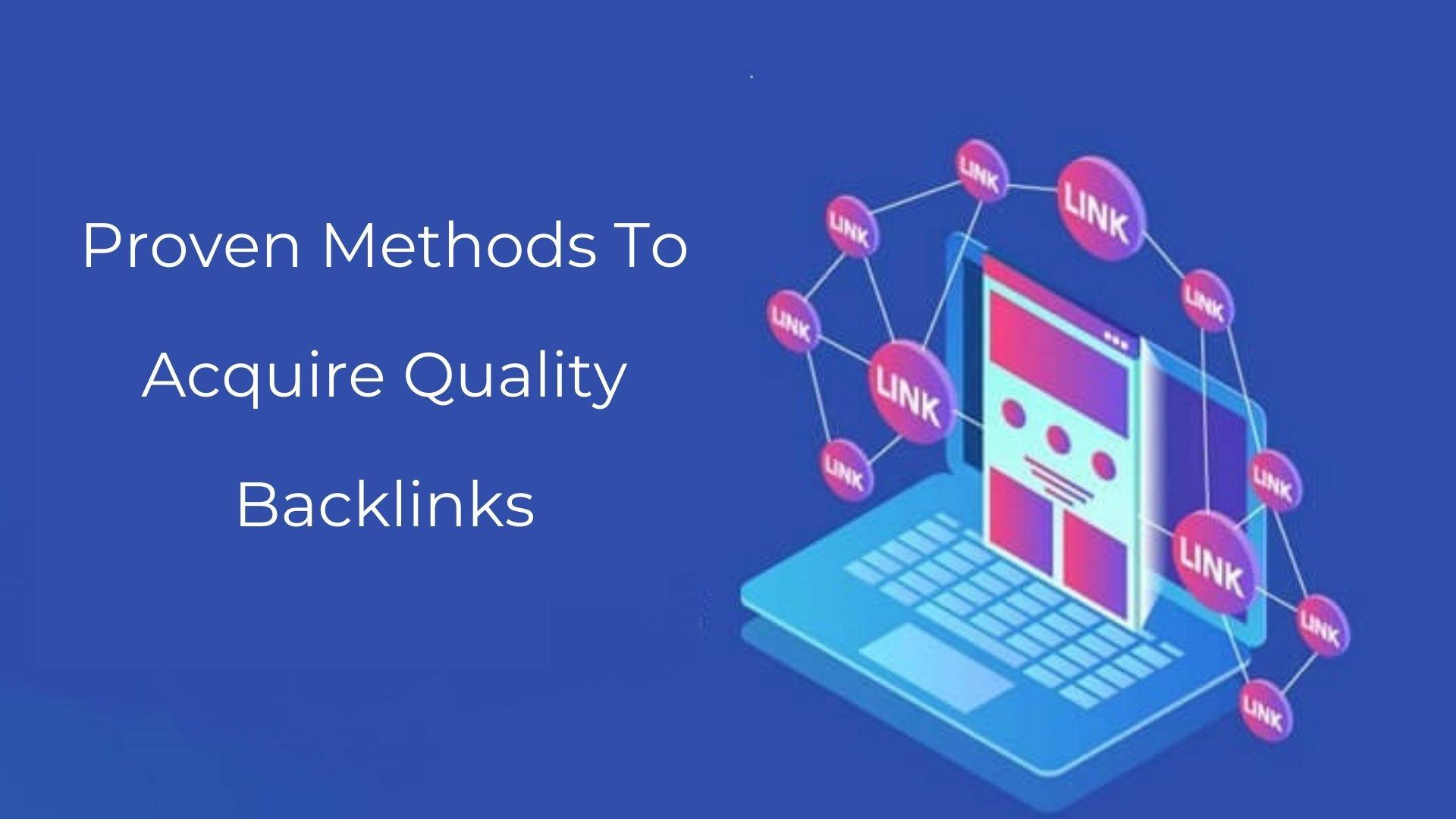
Being a small business owner, a startup founder, or an e-commerce seller is an all-consuming and challenging job. To be successful, you have to take care of every aspect of your new business, from invoicing and shipping to product development and marketing. You have to build a brand, position your company on the market, and find a profitable way to attract customers.
Thus, with a lengthy to-do list, some tasks can easily slip through the cracks. In this article, we’re going to explain why SEO shouldn’t be one of the tasks that never gets done. And why you should focus on search engine optimization right from the beginning.
Here are five of the essential SEO bits that every small business owner should be familiar with:
GMB Profile
Local SEO is rapidly becoming a powerhouse in digital marketing. In fact, 46% of all online searches are local, and you can recognize them by the “near me” keyword. The logic is simple, people are trying to find businesses in their neighborhoods that can fulfill their wants and needs right away. And if you have a physical location, you should get in the local SEO game!
The foundation of local SEO is your GMB profile – hence, if your business already has one, you should claim it; if it doesn’t, you should create one. It’s like the digital window of your entire store. Your customers can leave comments, you can publish posts and pictures of your products, and engage with your customer base daily.
Your GMB profile is the perfect opportunity to attract new clients and find out what your regulars are thinking.
Google’s Webmaster Guidelines
You can find Google’s webmaster guidelines here. We would also recommend you to listen to the video about webspam content violations. Read through each of the basic and specific guidelines, and familiarize yourself with Google’s policy. Each SEO action taken by you or an outside expert should be within the webmaster framework.
Keyword Research
When we talk about SEO optimization, we’re, in fact, talking about integrating specific keywords on your site. Google, as a search engine, needs to understand what your site is about, and keywords are the easiest way to do that. You can learn how to perform simple keyword research here.
And how do you implement keyword research? By adding the relevant keywords into your content!
Content
Positioning your new company on the market is one of the most challenging tasks. You have to consider the fragile balance between your vision, budget, and customer needs. And adding SEO into the mix can be a tad overwhelming.
However, if you start looking at content and brand as one unit instead of two separate entities, your SEO efforts will start yielding results.
Every blog piece, GMB post or product page that features content on your site should be SEO optimized. By performing quick keyword research, and analyzing the intent of the customers, you can create a content calendar and a content marketing strategy that will help you rank.
Remember, it doesn’t matter how amazing your content or brand message is if nobody sees it!
Free SEO Tools
If you’re considering the DIY SEO approach, here are a few tools that can help you:
- Google Analytics – is the most famous (and the most used) analytics tool in the world. The good news is that it’s completely free; the bad news is that it can be a bit difficult to master if you’re not technically savvy.
- Screaming Frog – is a desktop-based crawler that provides you with a ton of information about your site. You can check everything from content gaps, backlinks, missing meta descriptions, or broken pages. And they offer a free version that allows up to 500 URLs per crawl. Perfect for a small site!
- Answer The Public – if you get stuck and you don’t have any fresh, new ideas to write about on your blog, this tool will help you. It’s a gold mine for creativity, and you can use it for free.
- Keyword Explorer – is a free MOZ tool that can help you with your keyword research. Until you decide to invest in a paid tool, this one is intuitive, easy to use, and free for up to 10 queries a month (each query comes with 1000 keyword suggestions and a SERP analysis).
Conclusion
SEO will help your business rank on Google, which, in turn, will increase your online visibility and boost your sales. Claiming your GMB profile and optimizing it can bring in orders. And an excellent blog post about your product’s features can help you build a loyal customer base.
SEO connects every dot of your digital marketing strategy, and you should harness its power!








